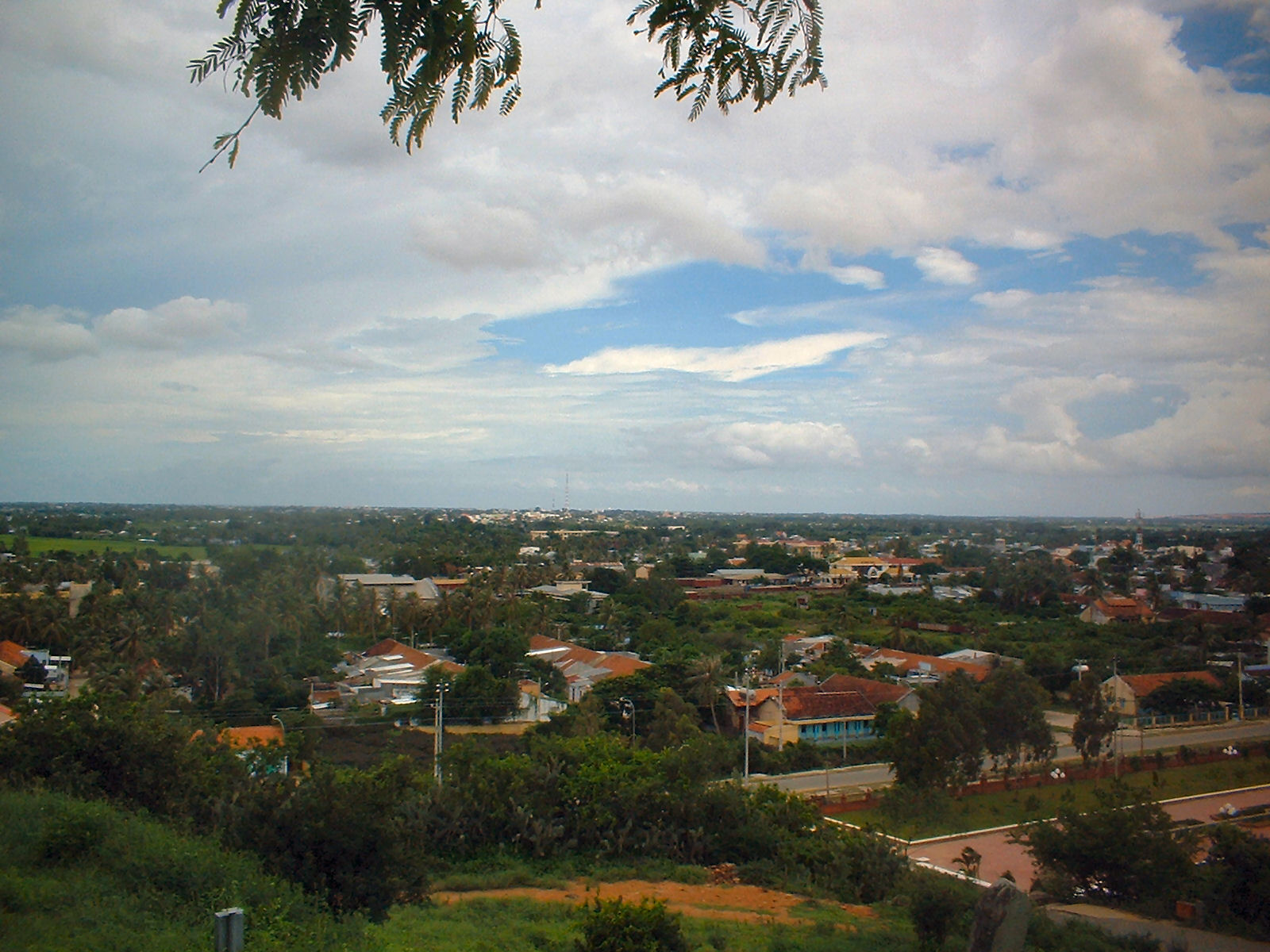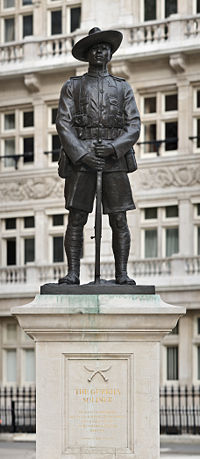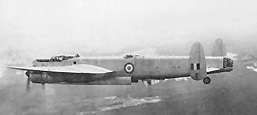|
Radschool Association Magazine - Vol 25 Page 13 |
|
Privacy Policy | Editorial Policy | Join the Association | List of Members | Contact us | Print this page |
|
Taking it easy!!
Bruce Hurrell sent us this photo of a bunch of RADTECH smoothies on a Pacific Cruise on the Achille Lauro in 1970.
|
|
|
|
L-R: Glenn Berkeley, Bruce Hurrell, Rex Newton (Deceased) and Ian Tyrer (Deceased).
Bruce says “We named the waiter Harry (I don't remember the origin of that) and we had a nameless granny who had the misfortune to be seated at our dinner table, and who, for the full two weeks, was not amused”.
|
|
How come we choose from two people to run for Prime Minister and over fifty to run for Miss Australia ?
Vietnam revisited.
For those who had an all expenses paid trip to Vietnam all those years ago, if you haven’t been back recently, an awful lot has changed since your last visit and it’s definitely worth another look. See the photos below!
|
|
|
|
If you were lucky enough to have spent all your time in country at the sea-side resort of Vung Tau, you wouldn’t recognise the building above, this is where “The Villa” once stood.
|
|
|
|
And this is front beach today – quite a bit different to what we remember.
|
|
|
|
This area above, known as “The Flags”, a place which everyone knew, has been transformed into the street below.
|
|
|
|
Did you know that a gold fish can only remember what is has done for the past 6 seconds.
|
|
|
|
|
|
And the streets that used to look like this (at left) have all been cleaned up and luxury hotels such as the above, where you can stay for only US$60 per double per night, have sprung up. |
|
|
|
And even Rob Meyer, left (Inst) and Dit Eaton (Eng) would be hard pressed to recognise the road from the Vung Tau air strip into the town.
Below is what it is like today. |
|
|
|
|
|
|
|
|
|
If you spent your time in country a bit further up the coast from Vung Tau, at Phan Rang, where they housed those noisy old Canberras, you’ll also notice a huge difference.
|
|
|
|
|
|
Malaya Re-visited.
The following is an article that appeared in The Times in London on the 26th August and was sent to us by Dick Harcourt.
“This year marks the 60th anniversary of the outbreak of the communist insurrection in Malaya that commenced around 1948 and continued until 1960. The successful conclusion of the emergency demonstrated how a campaign of terror by an armed minority of a population (the Malayan Chinese Communist Party) could be defeated by isolation from the majority, who sought only peace and prosperity.
British battalions, mainly comprising National Servicemen, were committed to searching the jungle for communist terrorists, joining battalions of the Brigade of Gurkhas and the Malay Regiment already stationed in Malaya. Units from Australia, Fiji, Kenya, New Zealand, Nyasaland (Malawi), Rhodesia (Zimbabwe) and Singapore also took part.
Key to the success was the move of the landless Chinese rubber workers, living along the jungle edge and vulnerable to pressure by the terrorists to provide food and support, to well-found ‘new villages’, where they could be protected and live in relative peace. The conflict was finally won by a combination of good intelligence and resolute action to sustain the civilian population.
Full independence was achieved by Malaya on the 31st August 1957.
The Gurkha Museum in Peninsula Barracks, Winchester, showed an exhibition in the Macdonald Gallery to mark the occasion.”
The RAAF’s contribution to the anti-guerilla operations (code-named RAF Operation Firedog) was the deployment of 1 Squadron with its Lincoln bombers and 38 Squadron with its Dakotas. The latter operated from Changi on Singapore Island from June 1950 until November 1952. The squadron moved supplies, passengers and cargo on scheduled services, resupplied army patrols and dropped propaganda leaflets. The Lincolns of 1 Squadron were based at Tengah, Singapore. In the period 1950 to 1958 the squadron dropped 85 per cent of the total tonnage of bombs expended during Operation Firedog.
We don’t remember where this came from – but it’s food for thought…….
I work, they pay me. I pay my taxes and the government distributes my taxes as it sees fit. In order to earn that pay cheque, as I work on a mine site on a Kalgoorlie (WA) construction project, I am required to pass a random urine test, with which I have no problem. What I do have a problem with is the distribution of my taxes to people who don't have to pass a urine test. Shouldn't one have to pass a urine test to get a Centrelink payment because I have to pass one to earn it for them?
|
|
How do you tell when you're out of invisible ink?
|
|
Back Go to page: 1 2 3 4 5 6 7 8 9 10 11 12 13 14 15 16 17 18 19 Forward |










